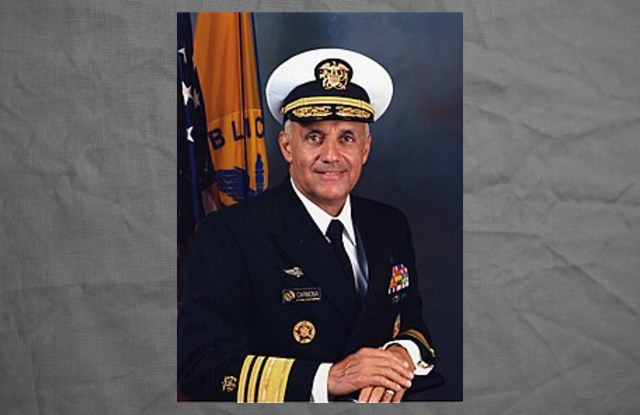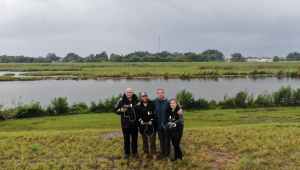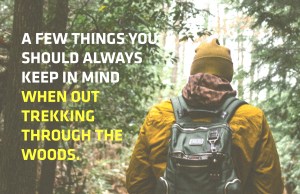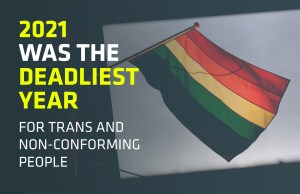(originally posted on Axon.com)
Dr. Carmona’s family hailed from Puerto Rico when it was still part of the Spanish Empire. His parents and abuelita (grandmother) moved to New York seeking opportunity, and he was the first of his family born in the United States. He grew up in Harlem in a time when most kids in that area played kickball in front of project housing, learned to swim in the Harlem River and experienced hardships as young children that many Americans don’t experience in a lifetime. Dr. Carmona’s childhood included periods of homelessness, inadequate health care and frequent gaps in access to food, yet he didn’t see his family as having less than others. As Dr. Carmona recalls, “We didn’t look at ourselves as poor because that’s how it was for everyone on the block, and we were all just happy kids.”
At 17, Dr. Carmona dropped out of high school and joined the Army during the peak of the Vietnam War. He began his service as an infantryman, then focused on getting his GED in order to move into Special Forces. He succeeded, and became a decorated medic and weapons specialist during his deployment.
Though he didn’t realize it at the time, Dr. Carmona’s experiences prepared him for success later in life and gave him insight into how the social determinants of health — issues that are inextricably tied to each life’s trajectory, like race and poverty — contribute to the challenges people of color continue to face.
As we celebrate Hispanic Heritage Month, Dr. Carmona shared with our employees reflections on the lessons that have guided him throughout his life.
“She took on this role, more than just my grandmother, to be more like a social worker or elder for the community. She may have been 5 feet tall and only 90 pounds, but she might as well been 7 feet tall. People listened to her, because she was always there for them.”
Contribute to Those Around You: Dr. Carmona’s abuelita was integral to his formative years. She taught him to understand the obligation one has to those around them and their community.
As Dr. Carmona grew, he began to notice those who fulfilled that obligation — his community who helped him in school, sent him letters in Vietnam and helped him further his education after the war. Through his family and community, Dr. Carmona learned to be a true healer and caregiver. He’s carried this lesson with him throughout his career. “We need to take it personally, as leaders, to help the next generation.”
Believe in Yourself: Dr. Carmona’s mother struggled throughout his childhood, working multiple jobs to give her children the best life possible. While she didn’t have higher education, she taught herself five languages and was well-versed in politics and the arts. Dr. Carmona’s mother taught him one always has a choice in how they want to live their life. She encouraged him to always be learning, have integrity and remain true to himself, with a cheer that remained in the back of his head, chanting, “Go for it!”
He took these lessons to heart and focused on his strengths while recognizing areas for improvement. This mindset helped his career trajectory that eventually led him to become the U.S. Surgeon General for George W. Bush and later a valued Axon Board member.
Be Proud of Your History: Growing up in Harlem, Dr. Carmona remembers desperately trying to fit in with his peers by never speaking Spanish in public. His abuelita, on the other hand, took immense pride in her country. She wouldn’t accept his refusal to speak Spanish. Dr. Carmona recalled, “She made me speak Spanish. It was from her that I learned to be proud of my heritage.” She taught him about Hispanic explorers, language, traditions and cooking. As he moved through life, embracing his heritage helped him understand the needs of others who don’t look or sound like him.
Find the Focus to Complete Your Mission: The thought of higher education had always intimidated Dr. Carmona. “I was much more afraid of college than combat. I didn’t feel like I had the academic abilities to compete with ‘smart kids,’” he shared.
But when he returned from combat, Dr. Carmona’s former high school counselors — who had kept in touch with him throughout his time in Vietnam — stepped in to guide him on his higher education path. They connected him with a former teacher who was now Dean of a college with a veteran program. Dr. Carmona enrolled and relied on the discipline and focus he learned in combat to excel in school. By the end, he realized being smart wasn’t what would make him successful, recounting, “I was never the smartest, but I was the most focused and most disciplined. I knew how to complete my mission.”
To pay for his tuition, Dr. Carmona held positions as a paramedic, registered nurse and even police officer. Each of these roles strengthened his resolve that serving others was his calling. So he applied to medical school and was accepted to the University of California San Francisco.
And unlike the beginning of his undergraduate studies, he felt prepared: “This wasn’t stressful. Combat was stressful. Being shot at not knowing if you’ll live. This is a mere inconvenience. I had perspective that my peers didn’t.” That perspective and discipline paid off when he graduated top of his class a year early.
Dr. Carmona’s life-long commitment to do public good eventually led him to join Axon’s board, a position he still considers to be one of his greatest privileges. He has seen how Axon’s powerful team moved the company from unknown with a single product to a global powerhouse Protecting Life across the world, with endless potential to do more good as the company continues to grow and innovate. “We’re fortunate to all be part of this great company that has no limits to the opportunities within it.”
Dr. Richard Carmona’s life is extraordinary by any measure. He overcame immense challenges and disadvantages to become a respected and admired leader in public health and safety. Dr. Carmona credits his success in part to those who lent a helping hand throughout his journey, and who helped him realize that when you accept where you come from, it can help you get where you’re going.






